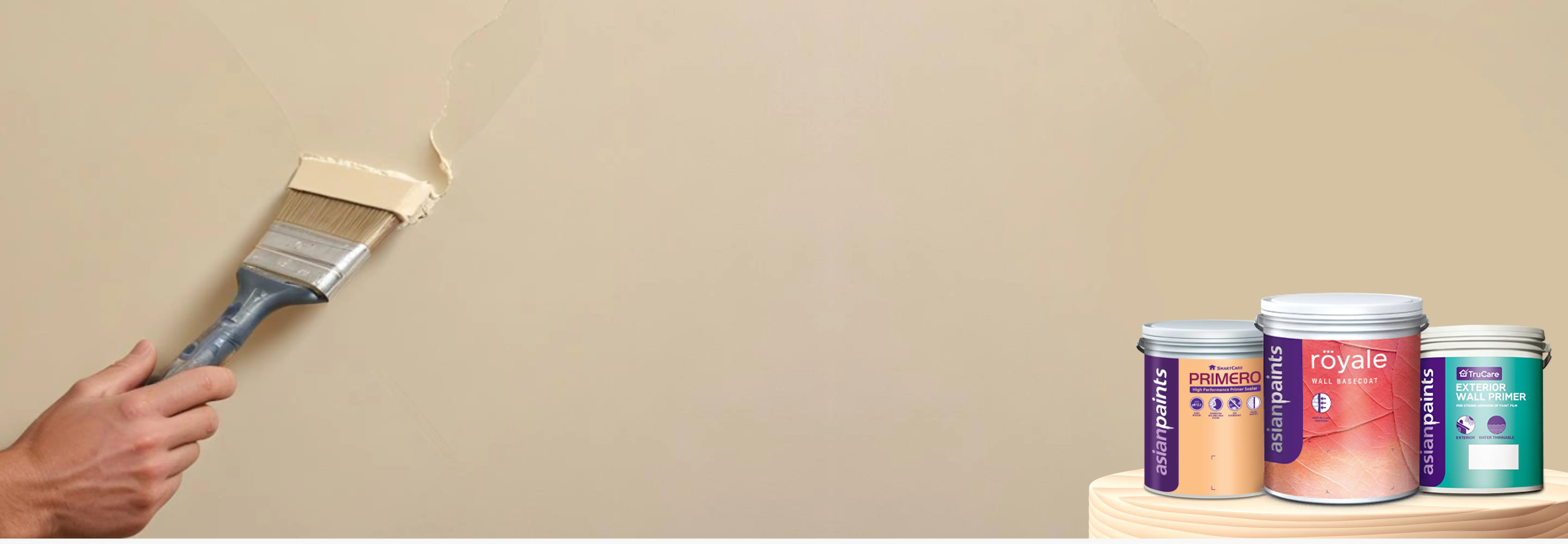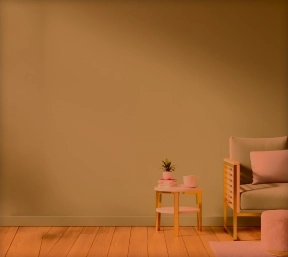
 {{minicart.cartcount > 0 ? minicart.cartcount : 0}}
{{minicart.cartcount > 0 ? minicart.cartcount : 0}}
↻ Processing...
You have {{minicart.cartcount}} items

 {{minicart.cartcount > 0 ? minicart.cartcount : 0}}
{{minicart.cartcount > 0 ? minicart.cartcount : 0}}
↻ Processing...
You have {{minicart.cartcount}} items
-

Paints
-

Services
-

Waterproofing
-

Tools
-

More
-
Explore colours
- Colour Catalogue
- Interior textures
- Exterior textures
- Wallpapers
- Home colour guide
-
Texture finder
New
-
Paint products
- Interior paints
- Exterior paints
- Wall paint product finder
- Waterproofing
- Wood paints
- Wood paint product finder
- Metal paints
- Brushes & Ancillaries
- Adhesives
- Undercoats
- {{appliedFilter}}
{{product.productName}}
{{product.featuredTag}}
{{product.productName}}
{{product.productTitle}}
{{product.shortDescription}}
- {{feature}}
{{product.shortDescription}}
What is Undercoat Paint?
Undercoat paint is applied as a primary coat before the final layer of paint. It smoothes out any rough spots and hides all the imperfections, providing a smooth base for the topcoat of paint. With undercoat-like primer paint, the topcoat will last longer and make your walls look great. It is also used when a lighter shade is applied over a dark shade.
Benefits of Undercoat Painting
Choosing the right paint finish involves several factors:
● Undercoat paint acts as the perfect bond for the topcoat, which helps in decreasing any peeling or flaking issues.
● Undercoat paint gives a uniform base and aids in bringing about a uniform finish; minor cracks, dents, and other irregularities get covered up, bringing about a smoother and, therefore, more professional finish.
● An undercoat can increase paint life. An additional layer of protection gives it an increased life, as the surface is protected from moisture and other things.
● Undercoat Paint provides good coverage. This helps in creating a good base for the topcoat when we change wall colours.
How to apply Undercoat Paint?
Surface Preparation - Before applying the undercoat, ensure that the surface is clean, dry, and free of any grease or dust. Sand the surface lightly to create a smooth base.
Choosing the Right Product - Select the appropriate undercoat paint primer for walls based on the type of surface and the final paint you intend to use. For instance, use an interior wall primer paint for indoor walls and a waterproofing solution for areas exposed to moisture.
Application - Use a high-quality brush or roller to apply the undercoat.
Number of Coats - In most cases, one coat of undercoat paint primer for walls is sufficient. However, for surfaces with significant imperfections or when covering a dark colour, a second coat may be necessary.
FAQs on Undercoat Painting
What is the difference between Primer and Putty?
Putty and primer paint have different uses. Putty is used to fill or fix cracks and holes on the surface to create a smooth base. The primer, such as the primer for walls is used to improve the adhesion, coverage, and durability of the topcoat.
Is an undercoat needed on painted walls?
Yes, an undercoat helps to give the topcoat of paint a clean finish look while increasing its durability. Usually, the undercoat is used according to requirement, e.g., if you have cracks you can opt for putty, similarly once the repaired wall is sanded down to give it a clean finish a paint primer coat is used to give your walls a more uniform finish.
How many types of Undercoat Paints are available at Asian Paints?
We at Asian Paints have a variety of undercoat paints, and each of them is used for a specific requirement and surface. For example, we have primer coats for interior wall paints , waterproofing solutions for water resistance, and specialised undercoats for specific applications. You can also now use the waterproofing calculator to find the perfect waterproofing products.
What is the difference between undercoat and emulsion?
An undercoat is the basecoat which helps smoothen the surface and gives a good base for the topcoat. An emulsion is the topcoat that provides the colour and hue to the wall.





